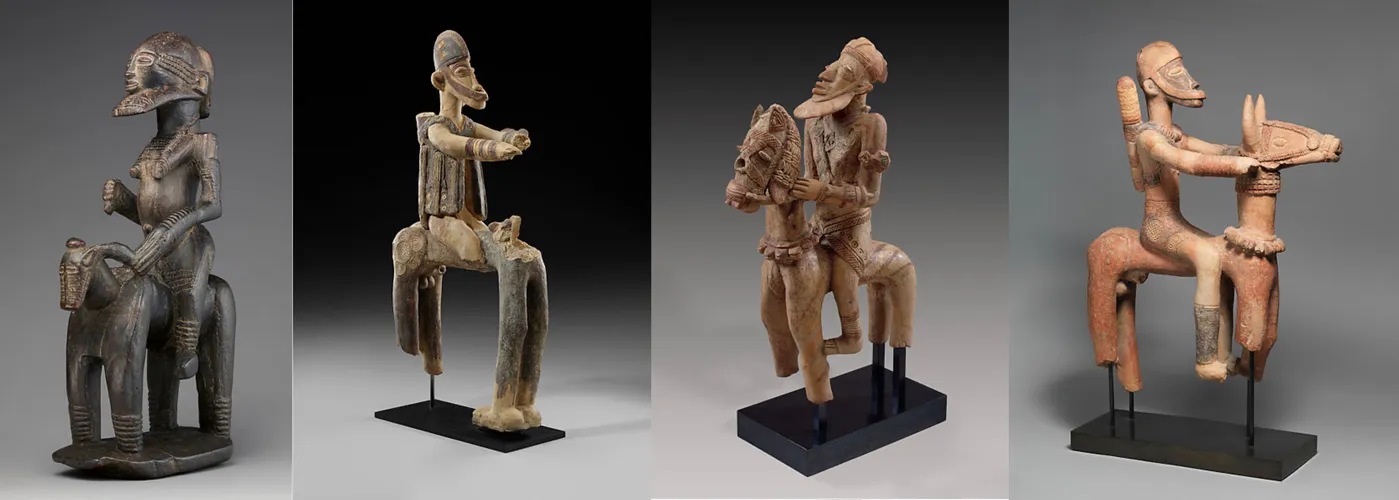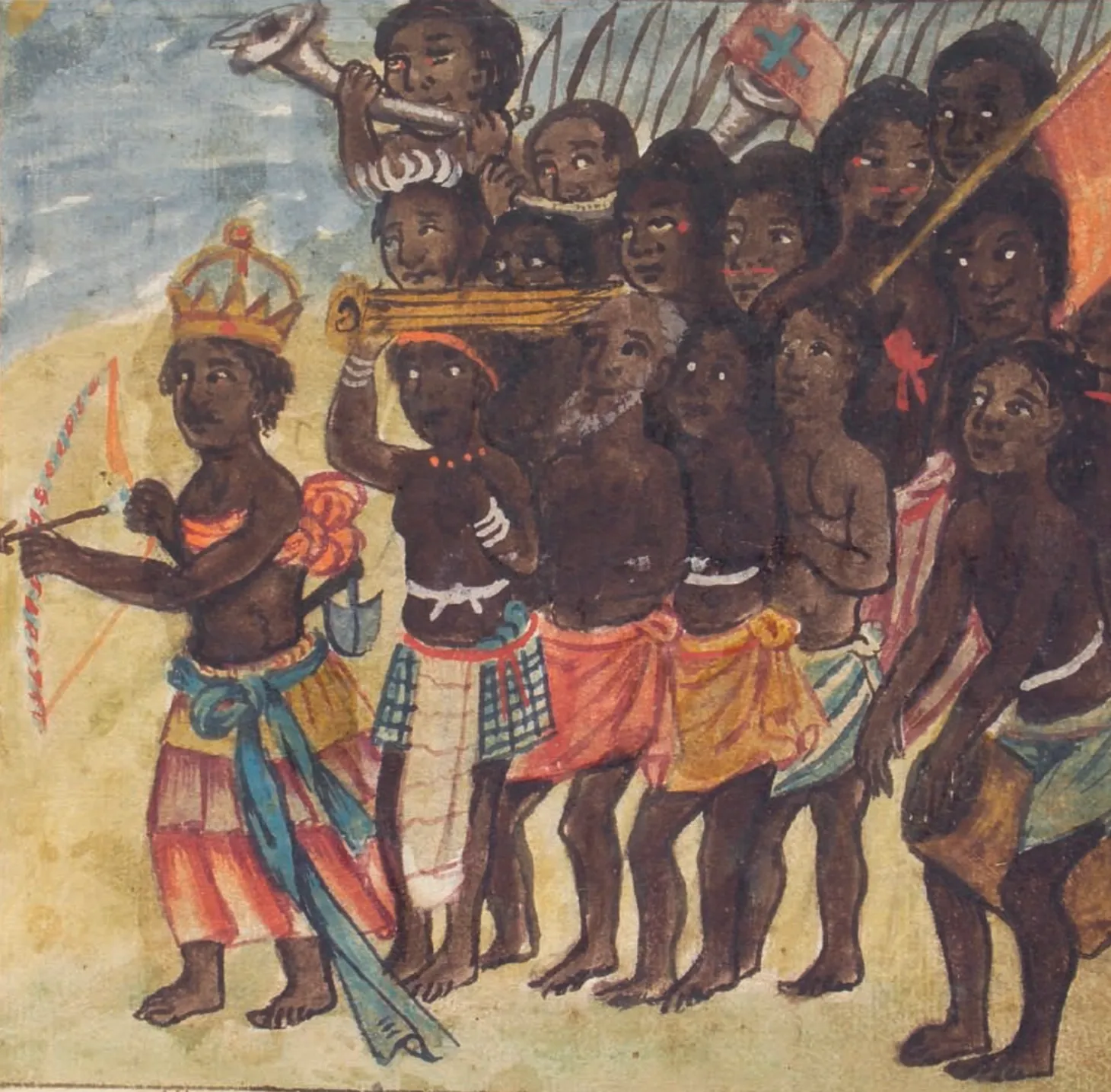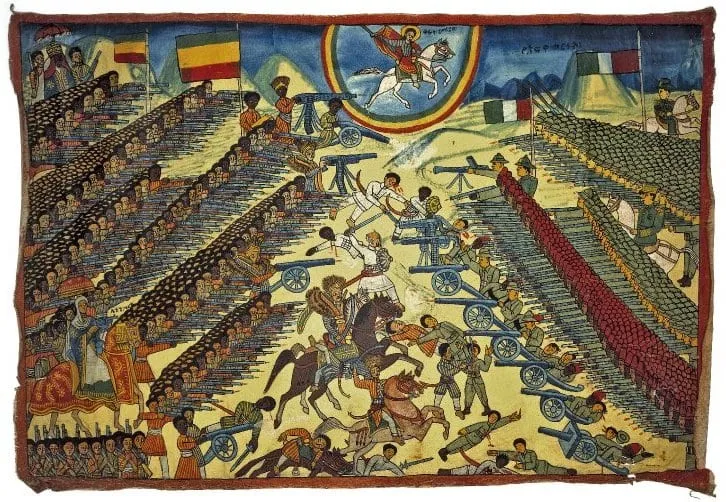Africa
What the Griot Said: Teaching Medieval West Africa
A collection of all recent posts about medieval West Africa and a list of resources for teaching.

“Each is the child of his mother”: Historical Imagination and Gender in Medieval West Africa
A discussion of the challenges of teaching gender in medieval West Africa and how we can use historical imagination to help students understand different perspectives.

“In Conformity to Mecca”: Islam and Medieval West Africa, c.1000 - c.1600
A discussion of how to teach arrival of Islam in medieval West Africa.

“Many Kings and Many Mansas”: Teaching the Politics of the Mali and Songhay Empires, c.1200 - 1591
A discussion of how to teach the political structures of the Mali and Songhay Empires.

“The World Knew Happiness”: West Africa and the Afroeurasian Economy, c.1200 - c.1600
A discussion of the economy of medieval West Africa and its role in the Afroeurasian economy

“Men of the Spoken Word”: Teaching West Africa, c.1200 - c.1600
A discussion of the challenges of teaching medieval West Africa in world history courses and how to use voice of the griots as a way to explore multiple perspectives/

“Suffering the Most Excruciating Torments”: The Height of the Transatlantic Slave System, 1650-1850
A discussion of how to teach the transatlantic slave system in the late seventeenth, eighteenth, and nineteenth centuries.

“We Cannot Reckon How Great the Damage Is”: Origins of the Transatlantic Slave System, c.1450 - c.1650
Discussion of how to teach the origins of the transatlantic slave system with a focus on understanding the different regional and global consequences

"People Who Have Interrupted Empire": African and Indigenous Resistance in the Sixteenth and Early Seventeenth Centuries
I’ve looked at more world history textbooks than I want to admit. One thing almost all of them have in common is some discussion of Portuguese maritime expansion along the western coast of Africa in the fifteenth century and the Spanish and Portuguese conquest of the Americas in the

Less Scrambling, More Reflecting: How We Can Better Teach about the European Colonization of Africa
Every year thousands of teachers of world history teach about the problematically-named “Scramble for Africa”, and many of them make use of a popular classroom simulation that seems to have originated in the 1990s, based on what some teachers have told me. I remember first seeing pictures of the activity

